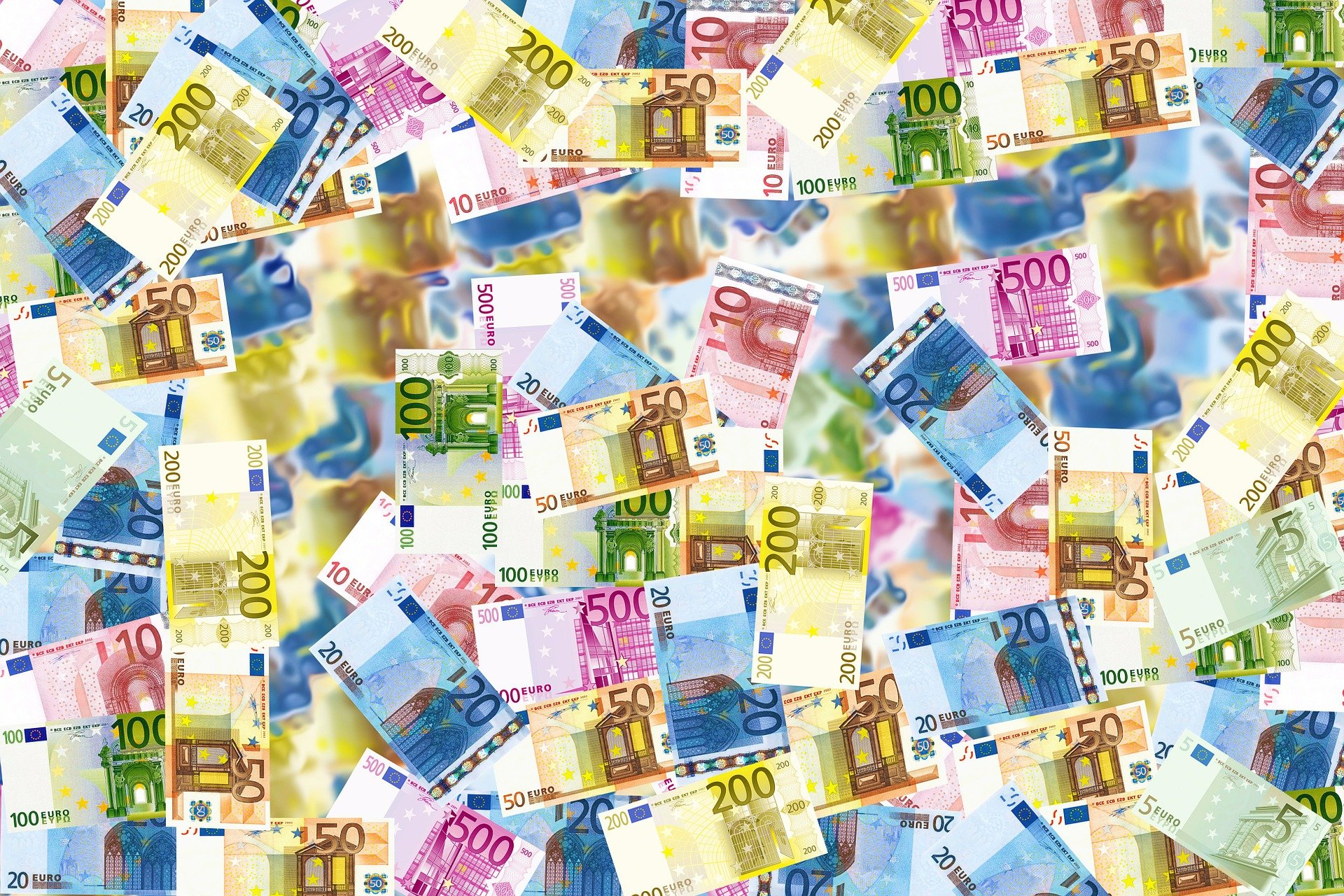EQUITIES
Major markets across Asia-Pacific bounced back on Wednesday. South Korea’s KOSPI index led gains among the region’s major markets, rising 1.73% after a tumble of more than 2% on Tuesday. Hong Kong’s Hang Seng index also saw robust gains, jumped 1.38%. The mainland Shanghai composite rose about 0.10% and the Nikkei 225 climbed 0.60%.
The Straits Times index in Singapore advanced 1.29%, and the S&P BSE Sensex in India added 1.01%.
The S&P/ASX 200 in Australia bucked the trend, dipping 0.33%. Australia’s economy shrank 1.9% in the September quarter, official data showed Wednesday.
Overnight on Wall Street, the S&P 500 falling nearly 2%, amid fears over the recently discovered Omicron COVID-19 variant. The Dow Jones Industrial Average plunged 652.22 points to 34,483.72, and the Nasdaq Composite slipped 1.55% to 15,537.69.
OIL
Oil prices advanced on Wednesday after steep falls in the previous session, ahead of a meeting by major producers to discuss how to respond to the threat of a hit to fuel demand from the Omicron variant.
The OPEC will meet on Wednesday after 1300 GMT ahead of a meeting on Thursday of OPEC+, which includes OPEC and allies including Russia.
While some analysts expect OPEC+ will pause plans to add 400,000 bpd of supply in January considering the potential hit to demand from travel curbs to rein in the spread of the Omicron variant, Russia and Saudi Arabia signalled on Monday there was no need to change course.
In other news, data from the API industry group showed U.S. crude stocks fell by 747,000 barrels in the week ended Nov. 26, which was a smaller decline than expected. Gasoline inventories rose by 2.2 million barrels, and distillate stocks rose by 789,000 barrels.
The Brent now traded at $70.81 per barrel, and U.S. crude futures traded at $67.58 per barrel.
Overnight, the Brent futures ends at $70.57 a barrel, while the WTI crude oil prices closed to $66.18 per barrel.
CURRENCIES
U.S. Treasury yields rose, supporting the dollar after U.S. Fed chair Jerome Powell overnight came close to indicating the Fed will speed up the pace of its asset purchases at its meeting later this month.
The index, which measures the dollar against six major peers, traded at 95.946 after sliding to 95.544 on Tuesday for the first time since Nov. 18.
The benchmark 10-year notes last yielding 1.487%, up from Tuesday's 2-1/2-month low of 1.444%. Omicron worries sent the yield on 10-year German Bunds to its lowest level in just over a week at -0.345%.
GOLD
Gold edged higher on Wednesday but hovering close to a one-month low touched yesterday, after U.S. Fed Chair Jerome Powell said the central bank would discuss ending its bond purchases sooner.
Spot gold rose 0.19% to $1,778.20 per ounce, and U.S. gold futures rose 0.17% to $1,779.50.
Spot silver advanced 0.20% to $22.86 per ounce. Platinum gained 1.54% to $941.60, while palladium added 3.10% to $1,758.50.
ECONOMIC OUTLOOK
Major markets across Asia-Pacific bounced back on Wednesday, following selloff to a one-year low the day before that were triggered by renewed uncertainty on the Omicron COVID-19 variant.
China's factory activity fell back into contraction in November as subdued demand, shrinking employment and elevated prices weighed on manufacturers, a business survey showed on Wednesday. The Caixin/Markit Manufacturing PMI fell to 49.9 in November from 50.6 the month before
Beyond China, however, factory activity seemed to be on the recovery with PMIs showing expansion in countries ranging from Japan, South Korea, Vietnam, and the Philippines.
Japan's PMI rose to 54.5 in November, up from 53.2 in October, the fastest pace of expansion in nearly four years. South Korea's PMI edged up to 50.9 from 50.2 in October, an expansion for a 14th straight month. Vietnam's PMI rose to 52.2 in November from 52.1, while Philippines increased to 51.7 from 51.0.
Taiwan's PMI continued to expand in November but at a slower pace, with the index hitting 54.9 compared with 55.2 in October. The picture was similar for Indonesia, which saw PMI ease to 53.9 from 57.2.
Factory activity in November for the U.S., Eurozone and the UK also will be released later today.
In a testimony before the Senate Banking Committee, Federal Reserve Chairman Jerome Powell told Congress that he no longer considers high inflation as "transitory" and that the Fed would revisit the timeline for scaling back its bond buying program at its next meeting in two weeks.













